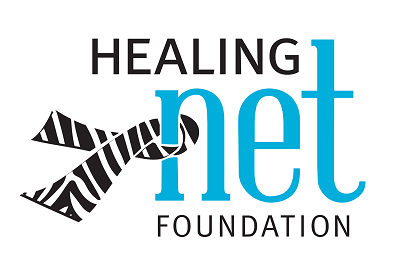Endoscopy as NET Diagnostic Tool
/Endoscopy is a very useful diagnostic tool. As with everything, it has its strengths and weaknesses. In general, it is a means of looking at the inside of a tube within your body. Most of the time it is used to look at the digestive tract (stomach, intestines, colon, rectum). You put it into the tube, inflate some air, and take a look around with the camera. If you see anything strange on the inside of the tube, you can pluck it off with a biopsy. If it's small enough, you may be able to remove it completely.
If the tube goes from above into the mouth, we call that an Esophagogastroduodenoscopy (EGD). You can look at the esophagus, the stomach, and the duodenum. If you put it from below through the anus, you can look at the rectum, the colon, and the end of the small intestines (this is our good friend the colonoscopy). Unfortunately, the scopes are limited by their lengths. If you want to look at all the twenty feet of small intestines in between, you need a different technique, called either a double-balloon or spiral enteroscopy. They use a long thin scope and feed it through the small intestines. Not easy and tedious, but useful. The other way is to swallow a pillcam that takes pictures. The advantage of the enteroscopy is that there is a user that can look around and take biopsies if necessary. The advantage of the pill is that you just swallow it, but it only takes pictures.
Remember, these are just scopes that look at the inner lining of the digestive/respiratory tubes. If you want to look through to the other side, you can put a small ultrasound machine on the end of the scope. Then it is called Endoscopic Ultrasound (EUS). From above you can look at the liver, pancreas, and the layers of the stomach/intestines. From below, you can look at the rectum and its surrounding tissues. It's nice because then you can biopsy things with a very small needle.
Of course, there are subtleties to all these advanced techniques, but they are ALL very useful in neuroendocrine care.
Eric Liu, M.D.
Neuroendocrine Specialist
Nashville, TN





